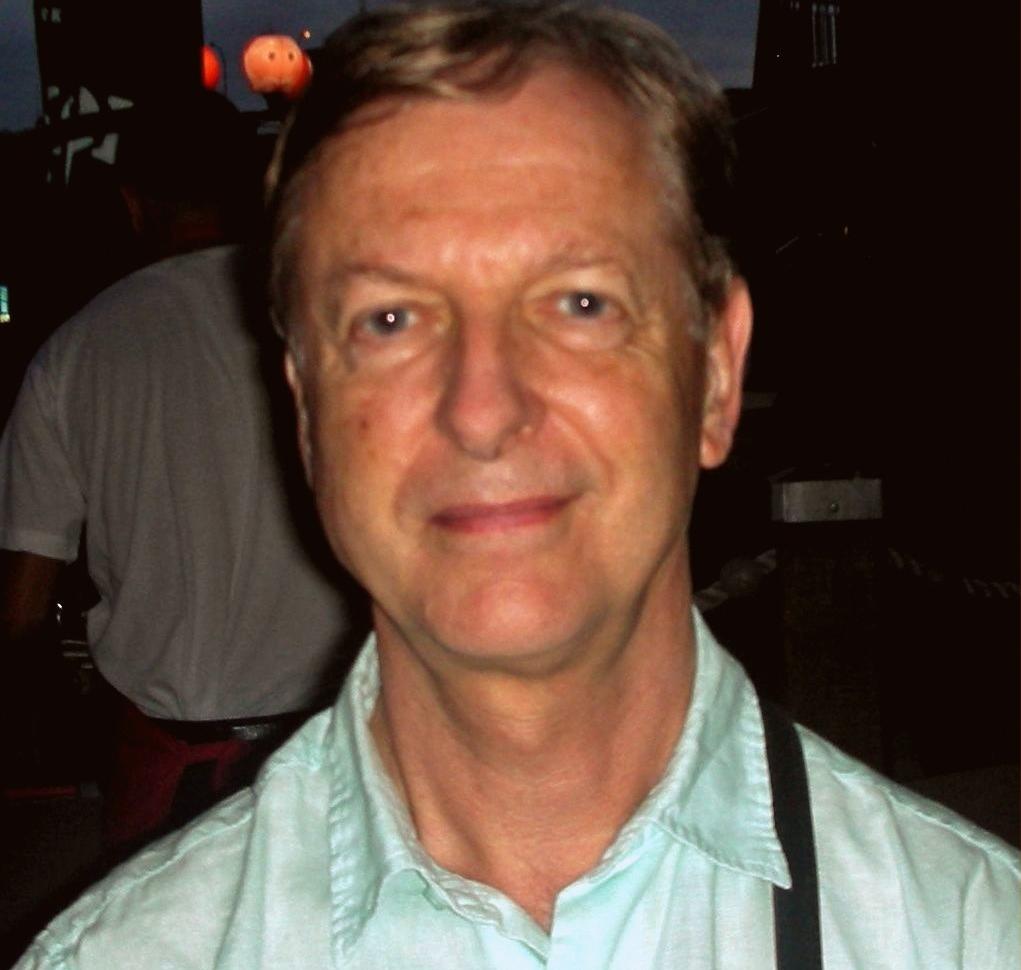The first question is compulsory: where does your interest in Catalan come from?
At school I was lucky to be able to study five languages: French, Latin, Spanish, Ancient Greek and German. For a school prize I was given the book by British philologist William Entwistle, The Spanish Language, Together with Portuguese, Catalan and Basque, in which the author showed sympathy for "the other languages of Spain". In those years my parents spent their holidays on the Costa Brava, in a hotel where the owner explained a few things to them about what made the Catalans different. Later, in 1962, I went with my family on holiday to a campsite in Roses, which was the first time I heard Catalan being spoken. I was interested in languages generally, but I felt a special sympathy towards the least known or the most minority ones. When I read Hispanic Philology at Oxford, I gained more in-depth knowledge of the Catalan language; in those days there was publisher and translator Joan Gili's Hispanic bookshop there, where I was able to buy a few Catalan texts, among them Catalan Grammar and Gili's own poetry anthology. As part of my degree I did a course on Hispanic dialectology, in which we studied particularly the speech of the eastern half of the peninsula. It was not until I studied for my PhD that I devoted myself almost exclusively to the Catalan language.
And how is the Catalan "singularity" seen from the United Kingdom, at a time when we are in the news almost every day?
It is fair to say that there are a few journalists who understand it quite well. Scotland is a similar case that we have closer at hand, and which allows us to understand the Catalan situation by analogy, but with certain important differences; for example, the fact that there is very little hostility in England towards the Scots or towards Scottish nationalism. Moreover, the history of the United Kingdom is marked by the episode of Irish independence, almost a century ago. Here no one has ever denied that Scotland is a nation, and in the 21st century many people have already come to terms with the "right to decide". In the last thirty years they have seen many countries in Europe becoming independent through peaceful and democratic means. The British Prime Minister David Cameron understands this; he is not by any means ideologically favourable to separatism, but in recent days he has spoken about this issue, without mentioning Catalonia by name, of course. He didn't need to.
Recently, the Parliament of Aragon passed its Languages Bill that establishes LAPAO as the native language of Eastern Aragon, distinguishing it from Catalan. As an expert on the Catalan language and its history, what do you think of this initiative?
It is obviously absurd. It is the product of a certain political way of thinking, more typical of totalitarian regimes, which insists on the situation conforming to its doctrines, and not the other way round. One hopes, in the long run, that the full force of reality will prevail. It reminds me of the attempt by the Soviet government to insist that the language of the Republic of Moldova was different from Romanian.
Still on this point, how would you sum up for the layman the point that really differentiates one language from another?
This question, in all honesty, cannot be summed up briefly. Distinguishing between closely related languages is not a purely scientific issue, even though scientific arguments can be used. When all is said and done, it is a social and political issue that depends on the perception of the speakers. If the Catalan of the Franja (the eastern strip of Aragon where Catalan is spoken) ever became a separate language from the Catalan spoken in other territories, under no circumstances would it be due to a decision of the parliament in Zaragoza.
You are an expert on phonology. When we learn a foreign language, there are sounds that are (or seem to be) impossible for us. How far does our mother tongue condition us when learning to pronounce new languages?
We gradually lose the innate ability to learn a phonological system naturally between the ages of seven and 12, approximately. From that age onwards there are a few people who can acquire a new phonology through pure imitation, but the vast majority cannot avoid perceiving the new sounds in terms of the system or systems that they learned before the age of 12. However, if it is difficult for us to learn a new phonology through pure imitation, that does not mean that with effort and practice, and with a good teacher, adults cannot achieve a more than acceptable pronunciation. And for those who were already bilingual before the age of 12, it is not so hard for them to realise that another language can be very different, and not only phonetically.







